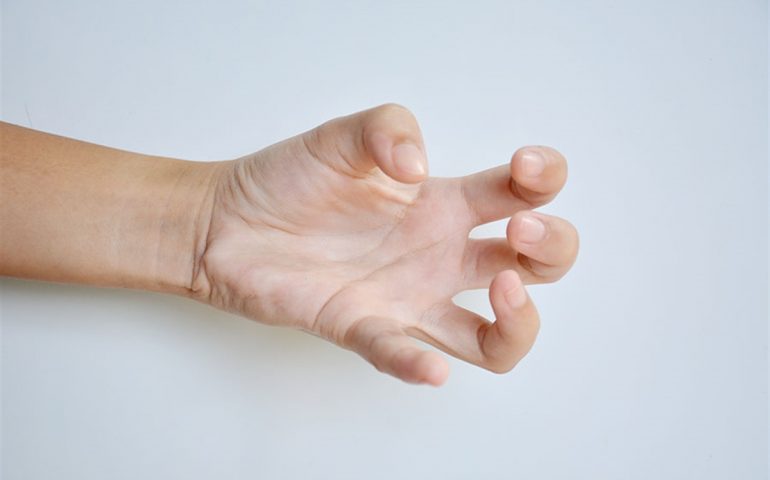
Dystonia (disorders of muscle tone)
- Involuntary and frequent muscle contractions
- Change, bending, or twisting of body posture
- Muscle spasms in the face (e.g., blinking, furrowing of the forehead)
- Difficulty in speaking or producing unusual sounds
- Sensations of pain and discomfort
Causes of Dystonia: The exact cause of dystonia is not known, but genetic predisposition, changes in brain chemistry, environmental factors, and specific neurological conditions can increase the risk of dystonia.
Diagnosis of Dystonia: Diagnosing dystonia starts with observing typical symptoms and capturing the patient’s medical history. Additionally, neurological examinations, EMG (Electromyography), and imaging techniques can assist.
Treatment of Dystonia: Dystonia treatment may involve medications, physical therapy, speech therapy, and in some cases, surgical interventions. Medications can alleviate muscle spasms and contractions. Physical and speech therapy aim to enhance muscle control and communication.
Is diagnosing dystonia challenging? Diagnosing dystonia can be difficult due to the rarity of the condition and its resemblance to other movement disorders. It should be carried out by an experienced neurologist.
When should one consult a doctor for dystonia? If involuntary muscle contractions or abnormal body movements are noticed, it’s advisable to consult a neurologist. Early diagnosis and treatment are important.
Is dystonia a life-threatening disease? Dystonia is generally not life-threatening. However, it can impact the quality of life and cause symptoms like pain and discomfort.
Can dystonia worsen over time? Yes, in some cases, dystonia can worsen over time. However, the progression can vary in each patient.
Latest developments in dystonia treatment: Dystonia treatment is continuously researched. New medications, therapeutic methods, and technological advances lead to improved approaches.
Treatment options for dystonia: Can Botox be used? Dystonia treatment may include medications, botulinum toxin (Botox) injections, physical therapy, speech therapy, and surgical interventions. Botox injections can temporarily paralyze specific muscle groups and alleviate symptoms.
Is there a herbal treatment for dystonia? There is no specific herbal treatment known for dystonia. Applied treatments are typically of a medical nature.
Who is affected by dystonia? Dystonia can occur at any age but is more common in young and middle-aged groups. Individuals with genetic predisposition are at higher risk.
Can dystonia be prevented? Dystonia is not preventable. However, early diagnosis and effective treatment can help control symptoms.
What’s the difference between Parkinson’s and dystonia? Parkinson’s disease is also a neurological disorder causing movement issues. However, Parkinson’s main features include tremors, muscle stiffness, and slow movements, whereas dystonia’s focus is on involuntary muscle contractions and changes in body positions.
Does dystonia progress? The course of dystonia can vary from patient to patient. In some cases, symptoms may progress, while in others, they may remain stable.
Do dystonic patients experience pain? Yes, dystonic patients may experience pain and discomfort. Muscle contractions and abnormal positions can cause pain.
Is medical treatment possible for dystonia? Yes, medications can contribute to alleviating dystonia symptoms. Individual responses, however, may vary.
Is Botox treatment used for dystonia? Yes, botulinum toxin (Botox) injections are frequently used for treating dystonia. They can temporarily paralyze specific muscle groups and reduce involuntary contractions.
What is the surgical treatment of dystonia? Surgical treatment may be considered in severe and therapy-resistant cases of dystonia. Methods such as deep brain stimulation (DBS) can be applied.
Can brain stimulation be used in dystonia treatment? Yes, deep brain stimulation (brain stimulation) can be used in dystonia treatment. By sending electrical stimuli to specific areas in the brain, symptom control can be improved.




